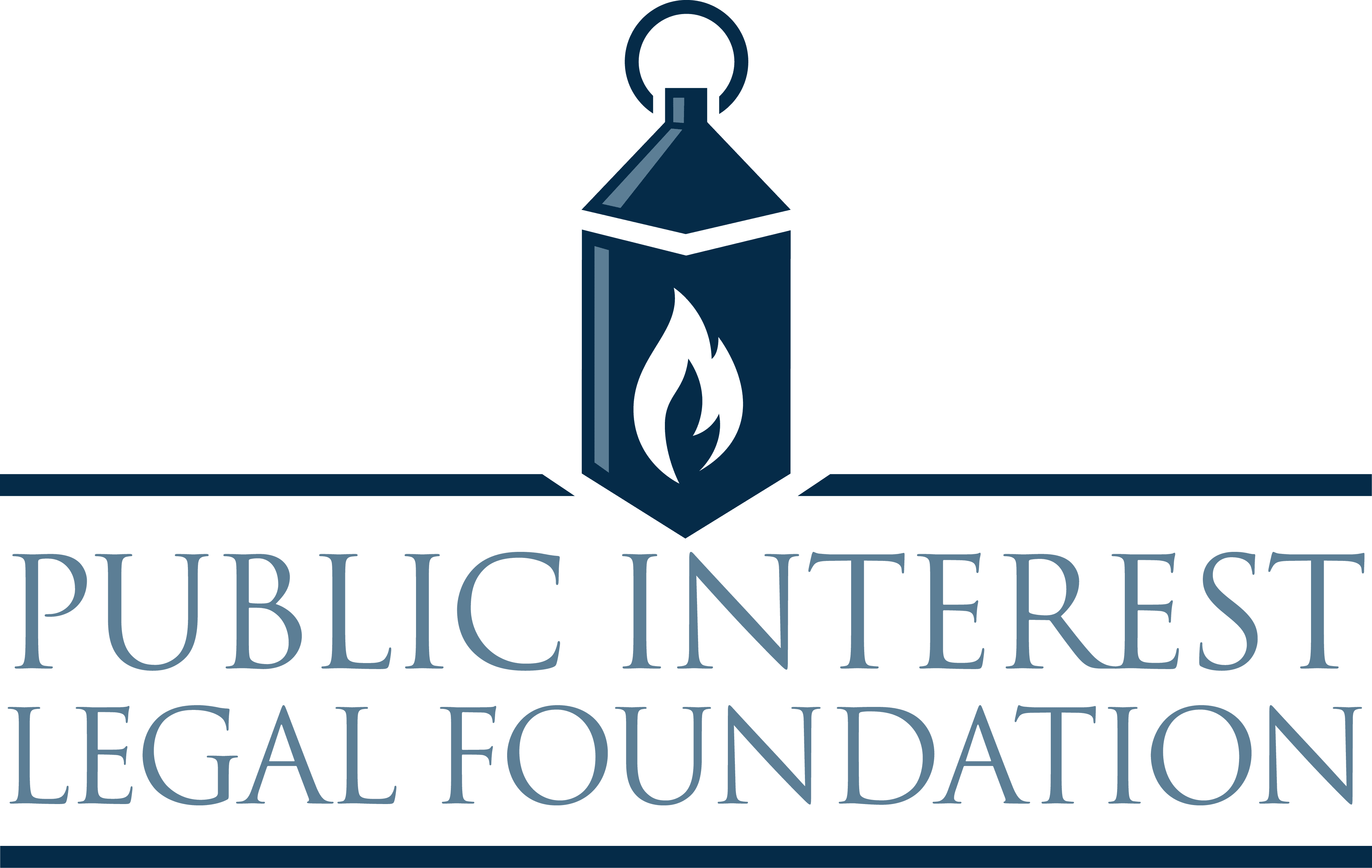PILF Asks Senators to Cite One Example of Blatant Vote Denial Based on Race
(Alexandria, VA) – September 22, 2021: Today, the Public Interest Legal Foundation (PILF) Litigation Counsel and former Department of Justice lawyer Maureen Riordan is testifying before the Senate Judiciary Committee on the Voting Rights Act.
In prepared remarks, Riordan argues that H.R. 4 would turn the Voting Rights Act into a one-way partisan ratchet that would cause American support for the civil rights statute to evaporate.
“The Voting Rights Act protects racial minorities, not political parties. Once Americans begin to suspect otherwise, that the Voting Rights Act is actually a one-way ratchet to protect political parties, they will stop supporting it. Once Americans think that this incredibly successful civil rights statute is a partisan tool, you will see support for civil rights evaporate.”
Riordan notes that H.R. 4 would give bureaucrats in the DOJ Voting Section limitless power that would surely be abused.
“If passed, H.R. 4 will give virtually limitless power over the election procedures of every state and local election to partisan bureaucrats within the Voting Section. I watched this power abused firsthand…The Voting Section has a long history of partisan and ideological polarization. It should not be granted this virtually limitless power.”
She describes how she witnessed power being abused by the Justice Department first-hand while she worked there for more than 2 decades and points out that the Department has even been sanctioned by courts for abusing Section 5 of The Voting Rights Act
“The Voting Section has a long-record of abuse by its lawyers, for improper collaboration in reviewing Section 5 submissions, and has been sanctioned by courts. Between 1993 and 2000, the Voting Section has been sanctioned $2,358,687.31”
Under H.R. 4, Riordan notes that the DOJ would have to approve nearly every single change to our elections.
“H.R 4’s practice-based preclearance triggers will require almost every small election change to be submitted to the federal government for approval, no matter how inconsequential the change may be. For example, a polling place change does not just include a change in physical address. It includes ANY change to the polling place. If a polling place moved from the school gym to the school cafeteria, under this proposal, the lawyers in the Voting Section would have to review and approve or reject the change.”
In 2013, the Supreme Court ruled Section 5 unconstitutional because the conditions that necessitated it no longer existed. Riordan asks Senators who support H.R. 4 to cite one instance of a blatant discriminatory evasion of federal decrees.
“Section 5 was a temporary provision for reasons that no longer exist. The Supreme Court made clear in Shelby that only certain conditions would justify any formula for Section 5 coverage today. Among the touchstones listed by the Court are ‘blatantly discriminatory evasions of federal decrees,’ lack of minority office holding, tests and devices, ‘voting discrimination on a pervasive scale, ‘flagrant’ voting discrimination, or ‘rampant’ voting discrimination. Such discrimination does not exist today. I would ask Senators who support this bill to cite one single instance of an evasion of a federal decree in a voting rights case. Just one.”
Watch the full testimony here.
Highlights from her testimony are below.

